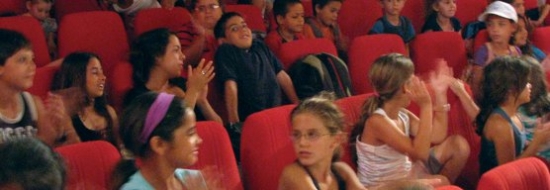
Sderot Cinemateque
This article was meant to be another one in the series about our experiences living in Sderot – about walking there from where we live and enjoying the best films and documentaries at the local Cinematheque. But a headline in Haaretz about the possibility of the Cinematheque being closed because of lack of funding made me realize the importance of the institution in bringing culture to the area. There is a slowdown in funding in general with the slowdown in rocket attacks. As Benny Cohen, director for the last five years, says: "a society which is exposed to culture is a healthier society, less violent and more creative."
So how did it happen? The idea 11 years ago was to turn a building here into a Cinematheque with two modern halls (one rocket-proof) and a café. It was due to the vision of two people - the then head of the cinema school at Sapir College, one of the largest in the country, and the head of the preparatory pre-academic courses at Sapir, Dr Zohar Avitan, chairman of the Cinematheque Board. Sapir College, with 6000 students, was set up by the Shaar Hanegev local council of ten kibbutzim and one moshav that surround Sderot.
One of the funds contributing to the establishment was the Beeri Fund for cultural projects (Beeri is a local kibbutz) and the IDB Foundation which also helped set up the café run by cinema students from Sapir who are also the ticket sellers and ushers. The café is staffed by youth at risk from an Elem program. The challenge was to reach out to the local population, the town, the students and members of the kibbutzim and moshavim – integration at its best.
One of the highlights of the year is the Festival of the South (Hadarom) held in May- June as at other Cinematheques. It is a real happening, showing local and foreign films and bringing directors from all over the world who discuss the films with students and the audience. There is also a competition amongst the Sapir students’ films (last year a student from Sderot won for the first time). Outside there are food stalls and places to lounge and every evening different music performances. So we were flattered to receive an invitation to the opening event (all other showings are free and open), but did not enjoy either the documentary or the hullabaloo surrounding it.
The film was a documentary by Shlomi Alkabetz - a series of monologues of Israeli actors playing Palestinians describing their sufferings, and IDF soldiers describing their difficulties dealing with the situations arising.
Limor Livnat, Minister of Culture & Sport, brought greetings, and although she hadn’t seen the film and had to leave for a previous engagement before it was shown, she said she thought it was one-sided – not showing the suffering of the people from Sderot and settlements surrounding Gaza, but it nevertheless had a right to be shown. There were arguments from the audience and boos.
The Mayor managed to take control and said that the Festival was a platform for different points of view and should continue with no shutting of mouths. Was it a planned provocation? I don’t know.
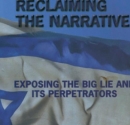 Israel: Reclaiming the Narrative - A Review
Israel: Reclaiming the Narrative - A Review ESRA Outing to Aida at Masada
ESRA Outing to Aida at Masada 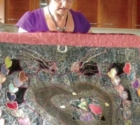 Coffee Group for Immigrants enters 5th year
Coffee Group for Immigrants enters 5th year-1450935317.jpg) Spending a Week in Tel Aviv
Spending a Week in Tel Aviv 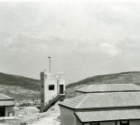 Ma'ale Hachamisha
Ma'ale Hachamisha-1450857993.jpg) Jazz in a Pearl Garden
Jazz in a Pearl Garden 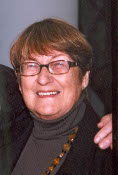 Adele Rubin
Adele Rubin